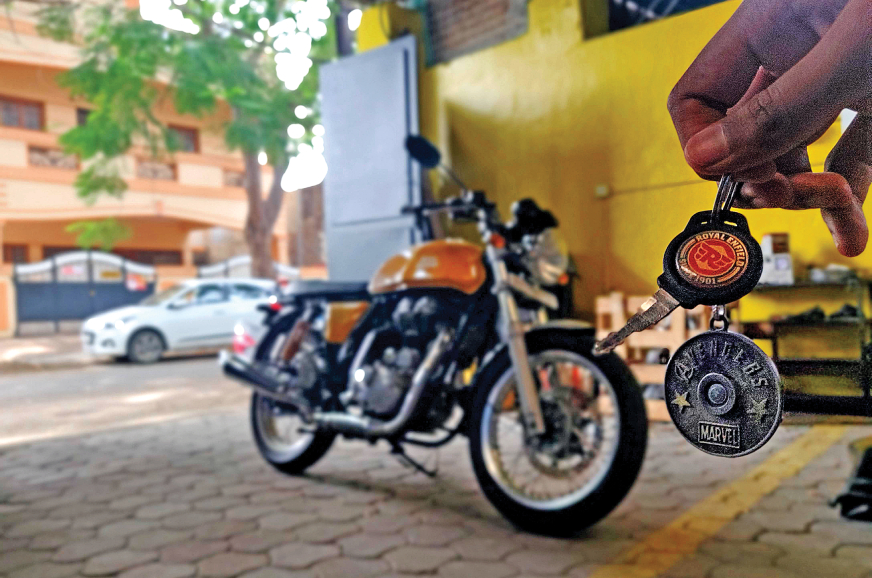
Shopping for a car can be tough. Some people don’t know anything about vehicles, and others know just about enough to know they’re getting ripped off. If you are aware of these things when you go to buy a car, you can be sure you will get a good price.
You need to be informed when you step onto the car lot. How much money are you willing to spend? What number of passengers must fit inside the vehicle? What kind of gas mileage do you want? Do you want a four door vehicle or something a bit smaller? Make a list of all the things that you want your car to have.
Don’t let salesmen talk you into anything that is unaffordable. A salesperson will say anything and everything to get someone in a new vehicle, and the higher the price tag, the higher commission he will earn. Remember that the salesperson is trying to make a fair commission, so selling expensive vehicles can help them.
If you are buying a car from a dealer have your mechanic look for it. When a dealership refuses, they are usually hiding something. A good mechanic can provide an impartial opinion regarding any problems with the vehicle, such as signs that the car has been wrecked or submerged in flood water.
Do not buy a car without test driving it. It’s important to test out the car you actually want to buy. You might find that there are some small things that are not the same or that there is something wrong.
Do not think that purchasing from a dealer is your only option. You have many options, including private sellers or smaller dealerships. Check online or in classifieds to find cars for sale near you.
Start your car shopping online. You’ll find almost any and every vehicle online. Learn about all the makes and models available. It is possible to learn about each model’s fuel efficiency, safety ratings, resale values and other relevant factors online.
Consider renting a car just to test drive them. To really get to know a car, you can rent one locally and put it through its paces. Go on a road trip or something so the car can be tested to see if it works with what you need it to work with. This can help you feel less stressed when purchasing the car.
Shop for a car towards the end of a month. Salesmen at most dealerships try to reach a quota for the month, and will want to sell as many cars as they can. Near the end of a calendar month, you might just catch a salesman behind on his quota and so willing to haggle you a better deal than usual.
Read everything before signing. Make sure you read all the paperwork before you put your signature on it. Your signature legally binds you, so you want to make sure you are 100% sure about what the contract says. If you are uncomfortable reading the contract at the dealership, ask to take it home to look it over in your own time. If you can’t, ask for a copy you can look over.
Fuel economy is an important factor to remember while comparing your options. A car that’s economical may be more upfront, but the saving later on could really make it worth it over the next few years. Taking a look at the big picture is the best way to keep costs down.
Discuss insurances prices with your carrier before you get that new vehicle. A car that looks affordable in itself might not prove so once you find out your new premiums. Find a vehicle that’s a great balance between affordable insurance and price.
It can really work out for you to buy your car later in the month. Nearly every dealership sets sales quotas that must be met at the end of the month. If you buy at the end of the month, you are helping them to get in those last deals to make that quota. Sometimes, you can use this to your advantage and negotiate a better price on the car you want.
Wait until you get an offer you are happy with before you mention your trade-in. This will help you in negotiating and give you the best possible deal. You’ve done enough work, now it’s time to buy.
As you choose a car, consider how it is likely to be driven. For example, if you plan to use the vehicle to travel far to work, you would probably want to look for cars that are very efficient. If you live in a city where parking spots are hard to find, it will be best if you get a compact vehicle.
Look into any hidden car costs. Different cars have different costs in maintenance, fuel economy, insurance, and resale value. Research parts costs and fuel and oil requirements before you decide to purchase. These hidden costs can really impact the total cost of a car.
One of the best tips to use when purchasing a car, is that you should never rush into the process. Dealers are going to always try and create a false sense of urgency that may pressure you to buy sooner rather than later. Do not be fooled by this tactic. Most of the time, the “special promotion” will remain there until you’re making your purchase.
Watch out for monthly payments that are too low. It’s simple to be distracted when you’re looking for payments that fit into your monthly budget. An unethical salesperson may try to get you a lower payment amount while raising the actual purchase price. Read the contract you’re given and don’t sign it until you understand it in full.
You should now be more prepared to get the best car for you. Simplify the process by using these ideas the next time you shop for a vehicle. You are now on your way to finding a great deal on a great car.



